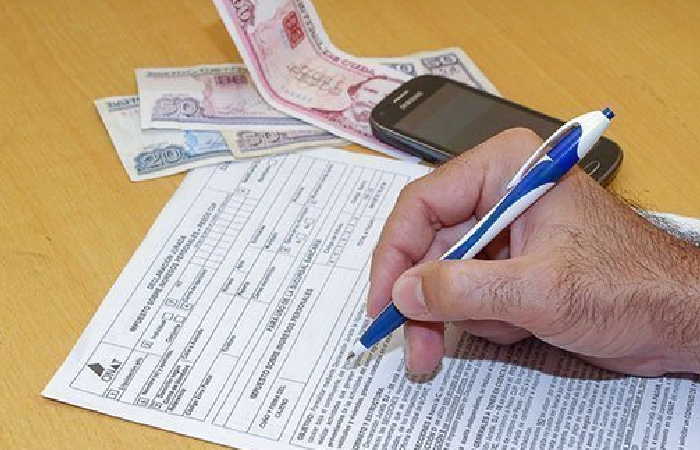The process of affidavit declaration, liquidation and payment of personal income tax, corresponding to the 2024 tax year, begins on 6 January and ends on 30 April 2025.
This is stipulated in one of the articles of the State Budget Law for the coming year, recently approved by the National Assembly of People’s Power, which insisted on the need for the National Tax Administration Office (ONAT), together with other institutions and bodies, to develop all initiatives that contribute to the success of this task.
The law itself specifies that taxpayers who declare and pay by 28 February can benefit from a five per cent rebate on the amount they must pay in tax.
For individual agricultural producers in the sugar cane sector, the process of submitting the sworn declaration, settlement and payment of the tax on the income obtained from their production, excluding that derived from sugar cane, begins on 1 July and ends on 31 October 2025.
Those who declare and pay before 30 August are granted a five percent rebate.
In the coming year, the Tax System will continue to be the fundamental source of financial resources for the State Budget, and in this purpose, as part of the Government’s projections, actions that contribute to the gradual reduction of the fiscal deficit play a decisive role.
This will be achieved by increasing revenues, which is why it will be necessary to effectively and sustainably transform the management and control of compliance with everyone’s contributions, and the implementation of tax measures that are adapted to the conditions of the economy and minimise the evasion and avoidance gap.
However, according to experts, this is not enough if, at all levels of management, entities and territories, there is no requirement for the rational use and destination of budget expenditure, material, human and financial resources available.
An example of the leading role of the tax system is the 23 taxes it covers, including those on personal income, profits, sales, services, land transport, ownership or possession of vessels, transfer of goods and inheritances, special taxes on products and services, and customs duties.
There are also taxes on the idleness of agricultural and forestry land, on the use of labour force, on the use or exploitation of beaches, bays, forest resources and wildlife, on the right to use land waters and on the contribution to social security.
The list is completed by those established as territorial contribution for local development and taxes for tolls, for airport services to passengers and for the placement of advertisements and commercial propaganda.




